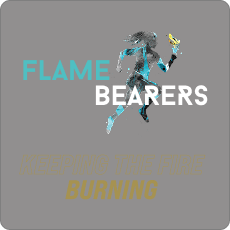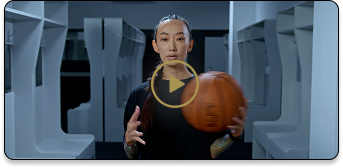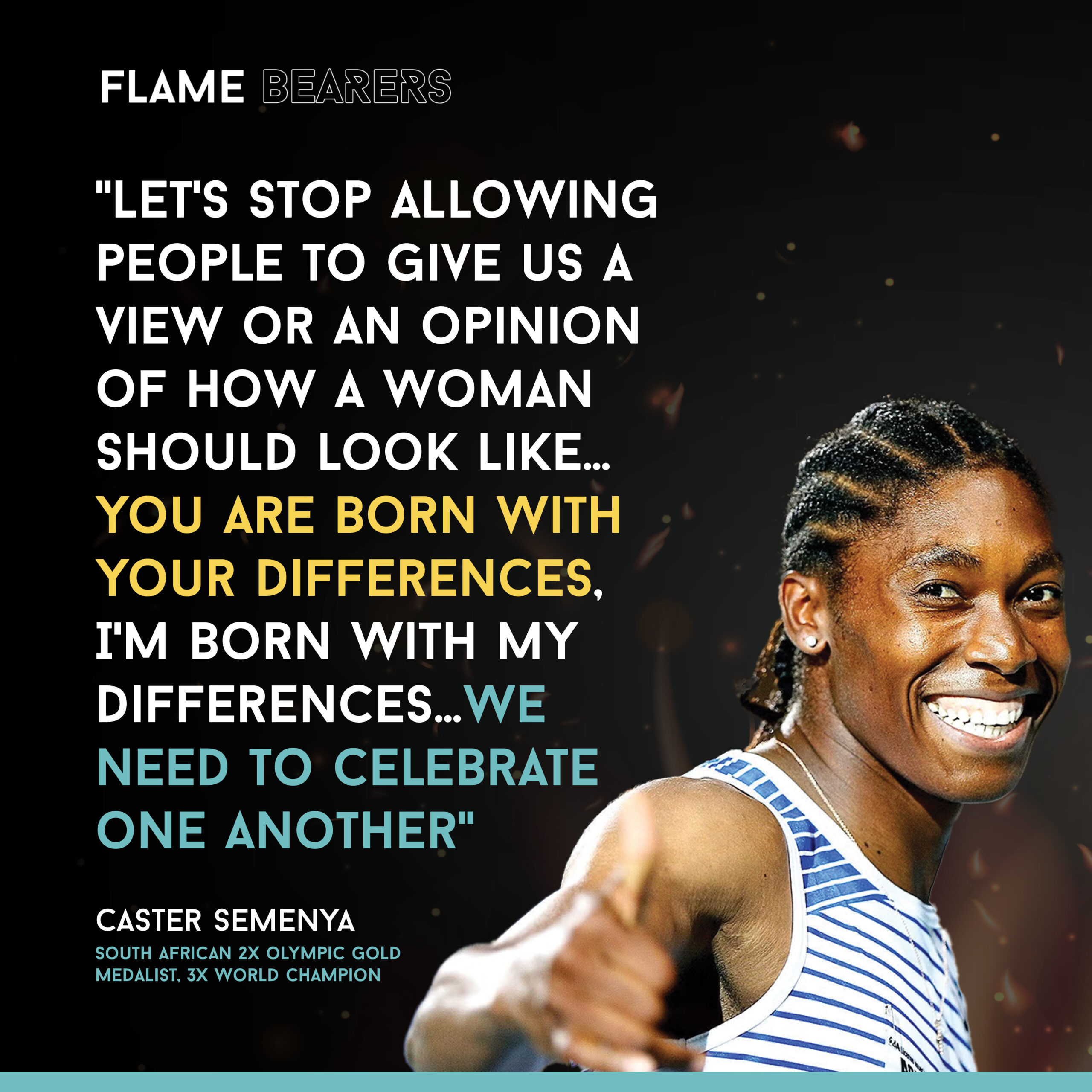2x Olympic Gold Medalist and 3x World Champion, Caster Semenya has made headlines since winning the 800m at the 2009 World Athletics Championships at the age of 18, yet the media (and many of her fellow athletes) wouldn’t gracefully acknowledge her generational talent for what it was, but rather started accusing her of being a man. This was news to Caster, someone who was born a woman and grew up a woman her whole life. Given her muscular build, speed, deep voice, and color, Caster didn’t look like what many believed a woman “should” look like.
Wednesday is a landmark court case determining the future of women’s track and field. For the last decade Caster has been fighting to compete without changing her natural body. The IIAF (formerly World Athletics) mandated that in order to compete she had to reduce her natural testosterone levels, which according to Caster, left her feeling “like the walking dead.” To hear more of the backstory from Caster’s perspective, check out our season 1 episode elevating Caster right before the Tokyo Olympics. This Wednesday, May 15th, the European Court of Human Rights (ECHR) is examining Caster’s appeal against regulations requiring female athletes with high testosterone levels to take medication.
In our conversation Caster shares “Let’s stop allowing people to give us a view or an opinion of how a woman should look like. You are born with your differences, I’m born with my differences…We need to celebrate one another.” That is the world we are working towards with you, Caster.



